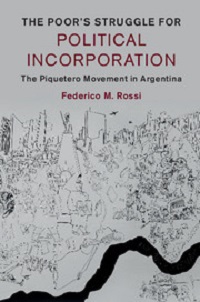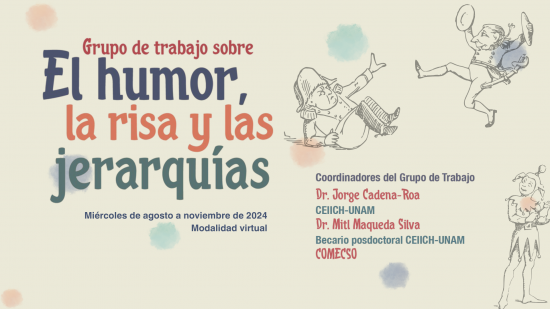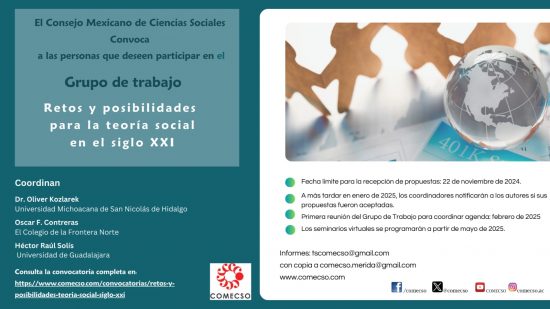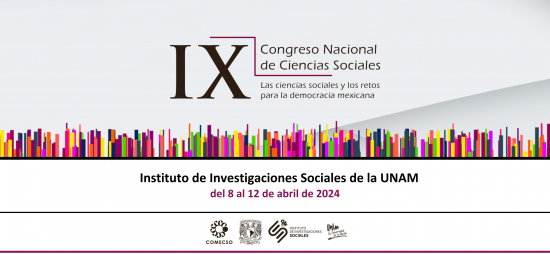The Poor’s Struggle for Political Incorporation
The Poor’s Struggle for Political Incorporation
The Piquetero Movement in Argentina
Federico M. Rossi
CONICET – National University of San Martín, Argentina
This book offers an innovative perspective on the ever-widening gap between the poor and the state in Latin American politics. It presents a comprehensive analysis of the main social movement which mobilized the poor and unemployed people of Argentina to end neoliberalism and to attain incorporation into a more inclusive and equal society. The piquetero (picketer) movement is the largest movement of unemployed people in the world. This movement has transformed Argentine politics to the extent of becoming part of the governing coalition for more than a decade. Rossi argues that the movement has been part of a long-term struggle by the poor for sociopolitical participation in the polity after having been excluded by authoritarian regimes and neoliberal reforms. He conceptualizes this process as a wave of incorporation, exploring the characteristics of this major redefinition of politics in Latin America.
Key Features
–Theory for understanding the cyclical pattern of expansion and contraction of the polity in Latin America.
–Conceptual innovation in strategy making analysis in a historical and collective perspective.
–Foremost study about the major movement of unemployed people of the world.
Part I. Theoretical Framework: 1. Introduction: a theory for the popular sectors’ quest for inclusion in Latin America; 2. Beyond repertoires of contention: conceptualizing strategy making in social movements; Part II. The Second Incorporation in Argentina: 3. From the origin of unemployed workers’ protests to recognition of the ‘piquetero question’ (1996–9); 4. From recognition of the claim to the legitimation of the piquetero movement as a national actor (1999–2001); 5. From movement legitimation to failed state reincorporation in the socio-political arena (2002–3); 6. Party territorial reincorporation in the socio-political arena (2003–9); 7. The aftermath of second incorporation: between continuity and change (2009– 15); Part III. Comparisons and Conclusions: 8. Social movements and the struggle to reshape the socio-political arena in Bolivia and Brazil; 9. Conclusions.
For more information, and to order, visit:
Te puede interesar

Publicaciones del COMECSO
comecso - Dic 04, 2024Este espacio reúne la gran mayoría de la producción editorial de nuestra asociación. A lo largo de casi cinco décadas,…
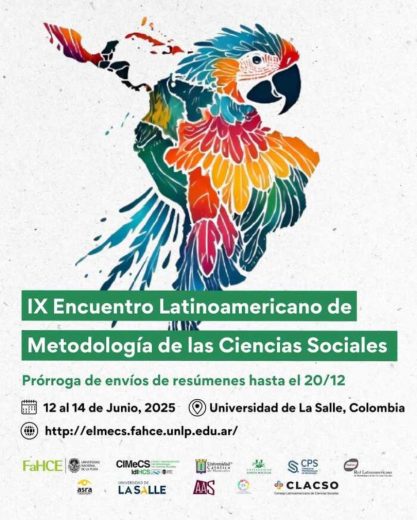
IX Encuentro Latinoamericano de Metodología de las Ciencias Sociales
Laura Gutiérrez - Dic 11, 2024IX Encuentro Latinoamericano de Metodología de las Ciencias Sociales Indisciplinar las ciencias sociales. Transformaciones y resistencias en las fronteras metodológicas…
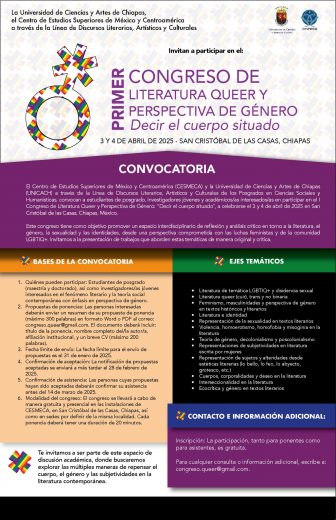
Primer Congreso de Literatura Queer y Perspectivas de Género: “Decir el cuerpo situado”
Laura Gutiérrez - Dic 11, 2024La Universidad de Ciencias y Artes de Chiapas, el Centro de Estudios Superiores de México y Centroamérica a través de…
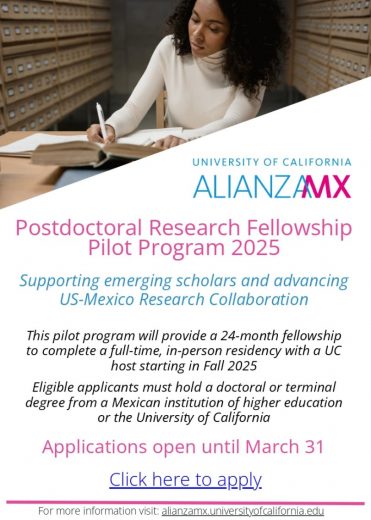
Postdoctoral Research Fellowships
Laura Gutiérrez - Dic 11, 2024University of California Alianza MX Postdoctoral Research Fellowships 2025 Pilot Program Deadline: March 31, 2025 The University of California Alianza…
